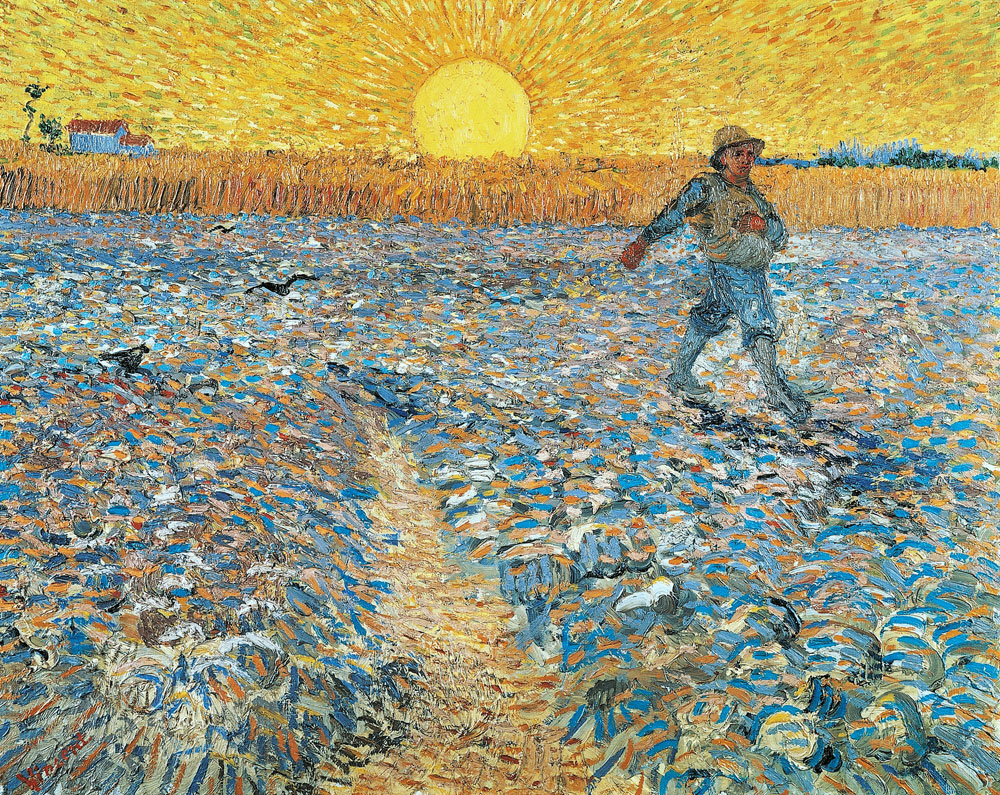April is the cruellest month; it heralds the arrival of summer. It is easy to agree with T.S. Eliot (especially in this part of the world) or with Truman Capote, who wrote, “Hot weather opens the skull of a city, exposing its white brain, and its heart of nerves, which sizzle like the wires inside a lightbulb.” A combination of the maddening heat, the stifling stillness in the air and the harshness of the sun is, however, a novelist’s dream. There cannot be a more perfect setting to explore ideas and dilemmas which would have seemed implausible in cool weather. Imagine Albert Camus’s The Stranger for a moment. Would a cold wind prompting Meursault to kill an Arab instead of the relentless Algerian sun have seemed credible?
The invincible heat of summer, therefore, does away with the constraints imposed by sanity. This is especially true of children who get a long break from authority in the form of school. The result of such liberation is not always sinister — in the land of Enid Blyton, summer is time for independent trips to the beach, hikes and the most glorious picnics. But where there is unfettered freedom, there is bound to be chaos. In Ian McEwan’s The Cement Garden, children who have lost their mother at the beginning of summer break on “the hottest day since 1900” turn the house into a “place of stench and cloud of flies”. Soaring temperatures and long days also do interesting things to the idea of time, making summer seem endless. Time becomes the enemy in The Cement Garden: there is too much time, terrible, sweating, dripping and shapeless.
Summer is also full of erotic charge. People wear fewer clothes, see more of each other and things grow into ripeness. The charge is both exciting and threatening — Charity Royall’s sexual awakening is the premise of Edith Wharton’s Summer whereas in Salvage the Bones by Jesmyn Ward, Esch takes her sexuality and its power for granted until she ends up pregnant. While there is ripening and fecundity, there is also putrefaction as the heat rises. In The Cement Garden, the body of the dead mother releases a terrible smell and splits open the concrete floor under which she has been buried.
In novels that are shaped by summer, the days of unbearable heat mostly coincide with a major set piece — people come home, parties are held, declarations of the heart are made like in The Great Gatsby — making those days the hinge around which the novel turns. But given the sultry weather, all too soon things begin to wither; Gatsby floats dead in his pool while his beloved retreats into her “money [and her] vast carelessness”. Summer thus holds both the promise of things blooming and the cancellation of that promise. Summer is the season when anything can happen.











